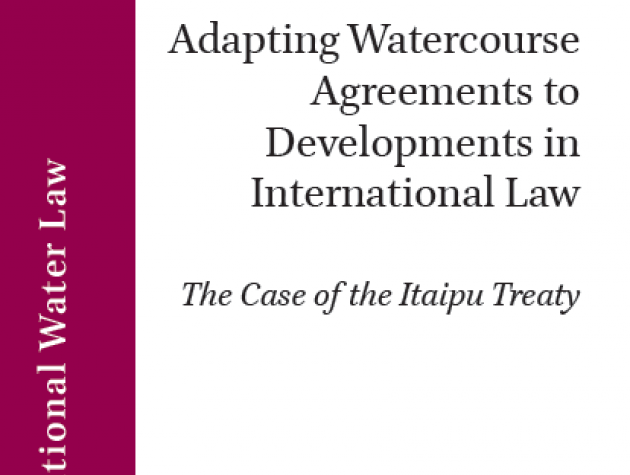Does WTO Accession Help Domestic Reform? The Political Economy of SOE Reform Backsliding in Vietnam
Does WTO Accession Help Domestic Reform? The Political Economy of SOE Reform Backsliding in Vietnam. World Trade Review, Volume 15, Issue 4.
Conventional wisdom holds that international trade agreements can serve as a source of external pressure and credible commitment to overcome opposition and to lock in domestic economic reforms. This belief, however, underestimates the ability of politicians not only to circumvent these pressures, but to leverage international trade agreements to advance their own policy preferences – preferences that may be highly anti-reformist. Thus, trade agreements do not necessarily induce reforms and, in certain circumstances, they can even be counterproductive. Through an analysis of aggregate data and 40 interviews with senior politicians, government officials, and state-owned enterprise managers in Vietnam, this paper illustrates these insights by analyzing the political economy of SOE reform backsliding on the eve of Vietnam's accession to the WTO.







